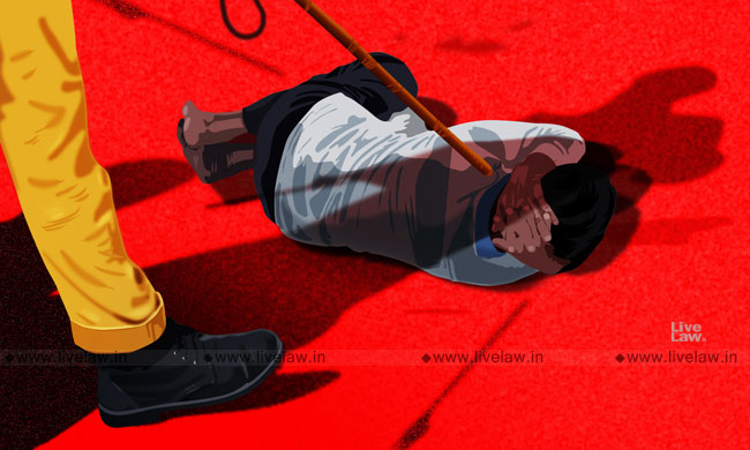- Home
- /
- Know the Law
- /
- Custodial Deaths : What Is The...
Custodial Deaths : What Is The Procedure For Inquiry?
Manu Sebastian
28 Jun 2020 12:58 PM IST
"Custodial death is one of the worst crimes in a civilised society governed by Rule of Law. Does a citizen shed off his fundamental right to life, the moment a policeman arrests him? Can the right to life of a citizen be put in abeyance on his arrest? The answer, indeed, has to be an emphatic "No"" - Supreme Court in D K Basu v State of West Bengal AIR 1997 SC 610.Independent investigation in...
Next Story



